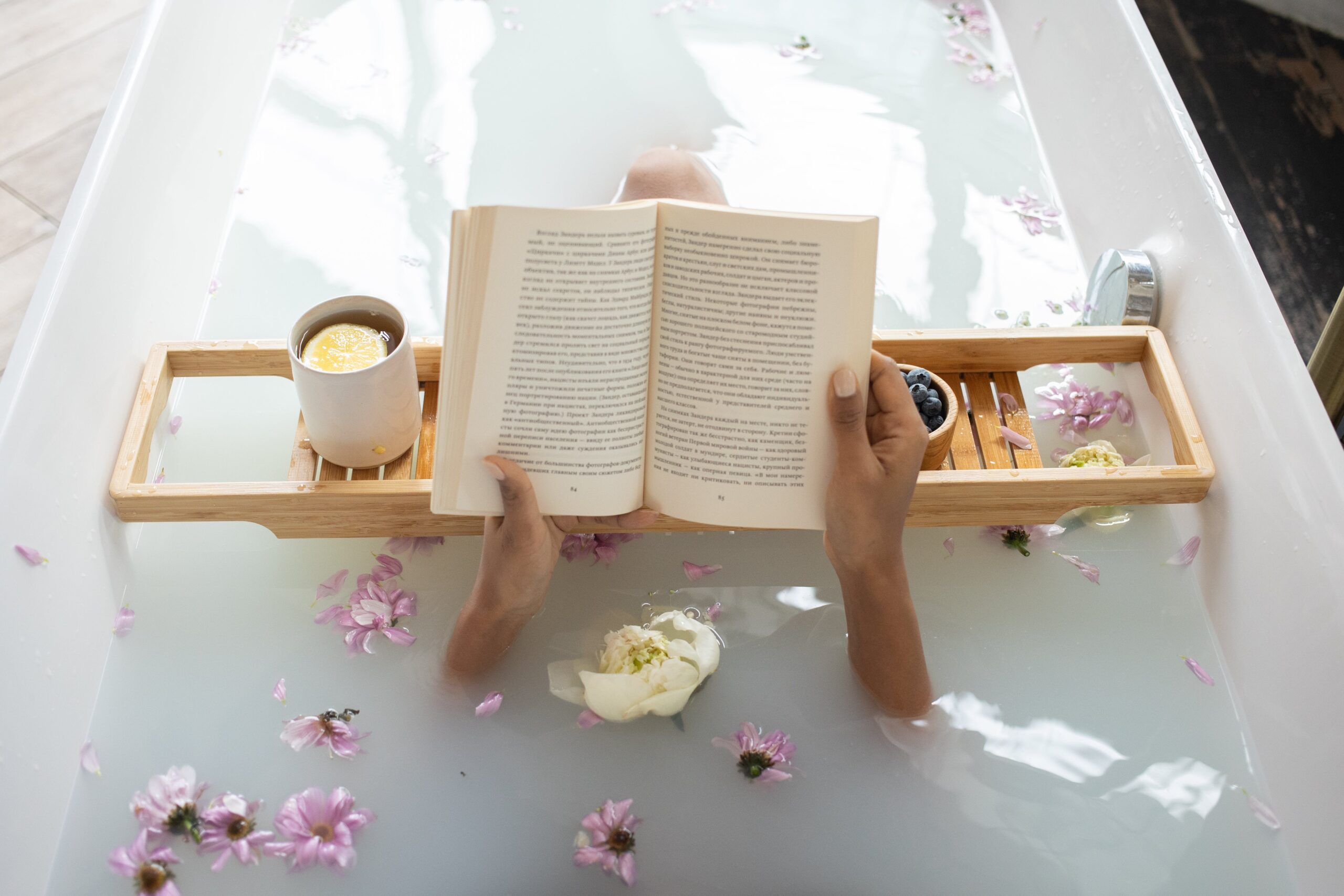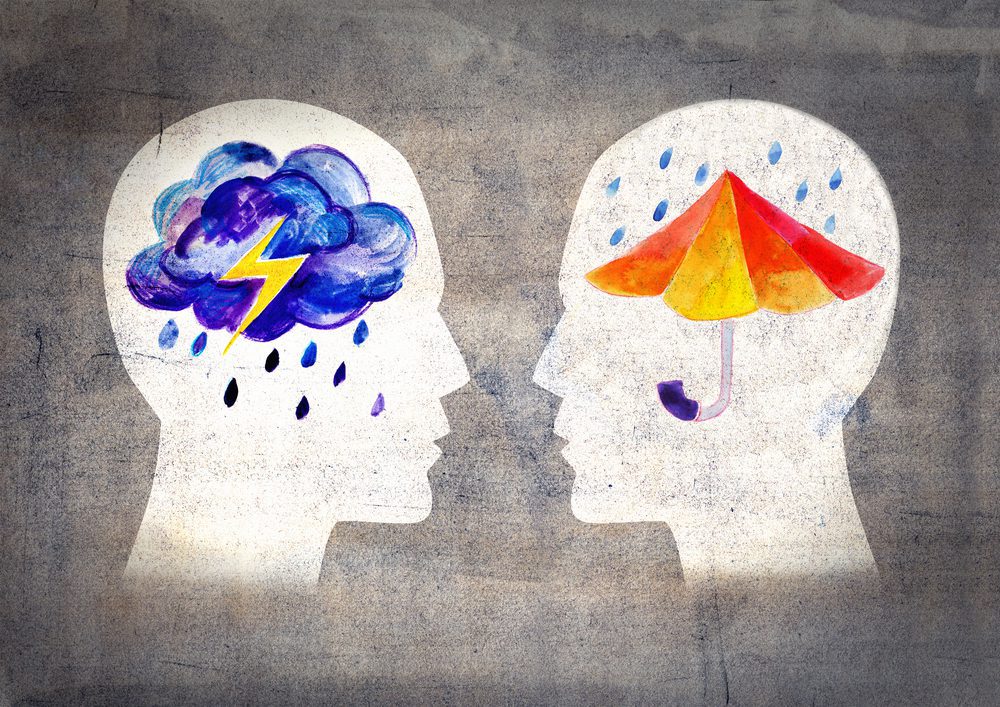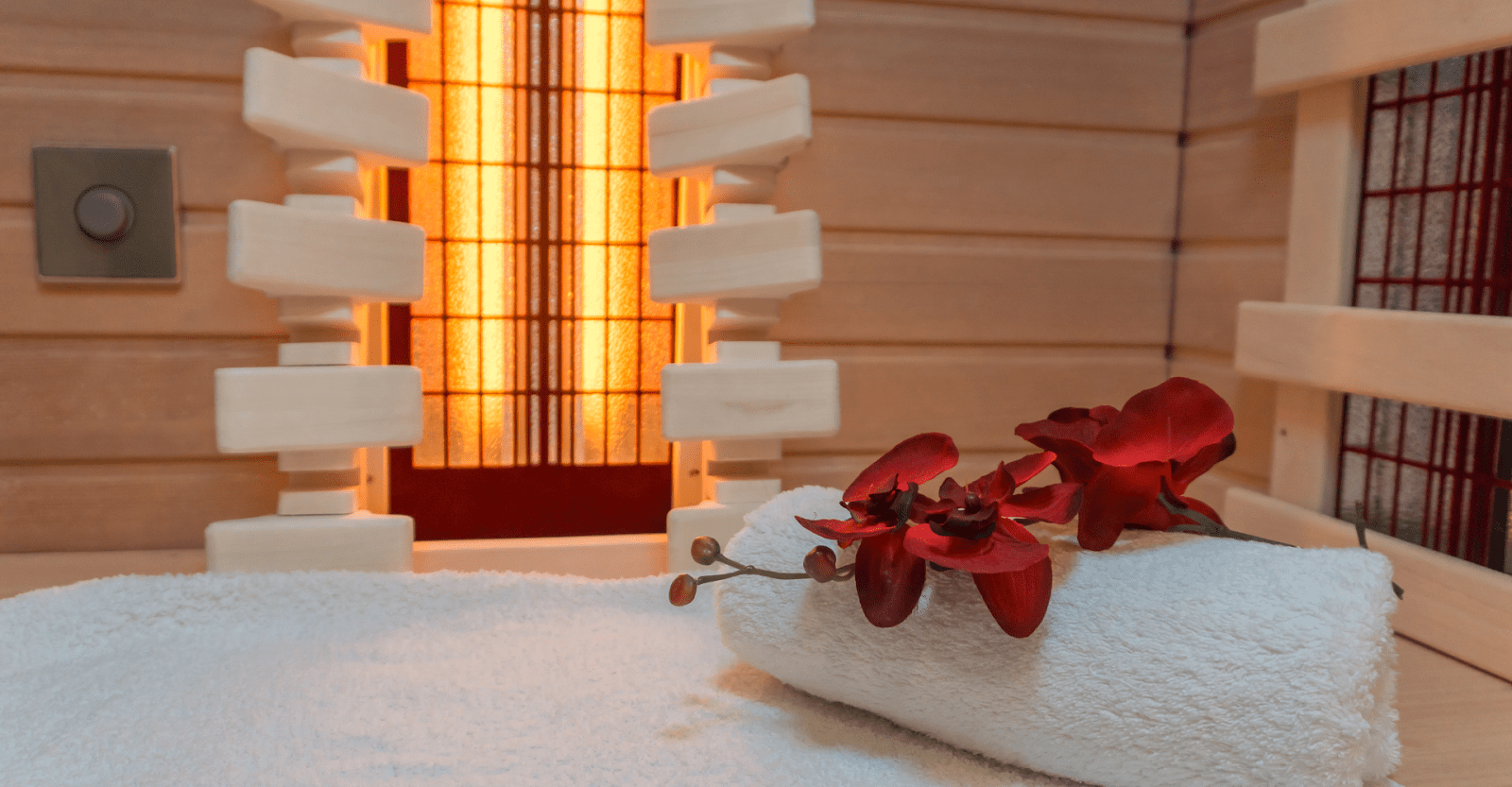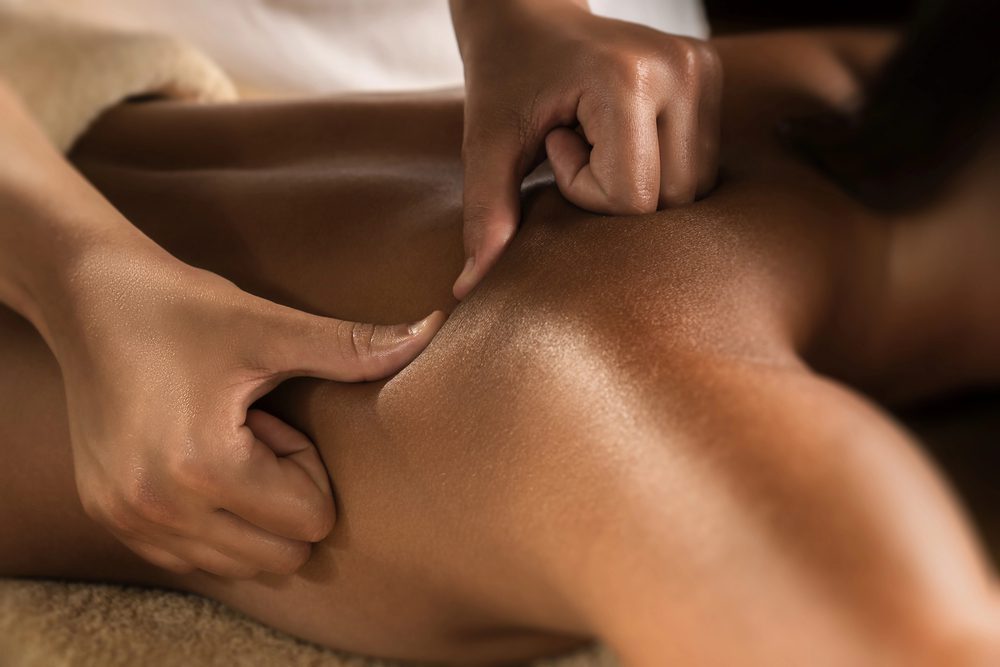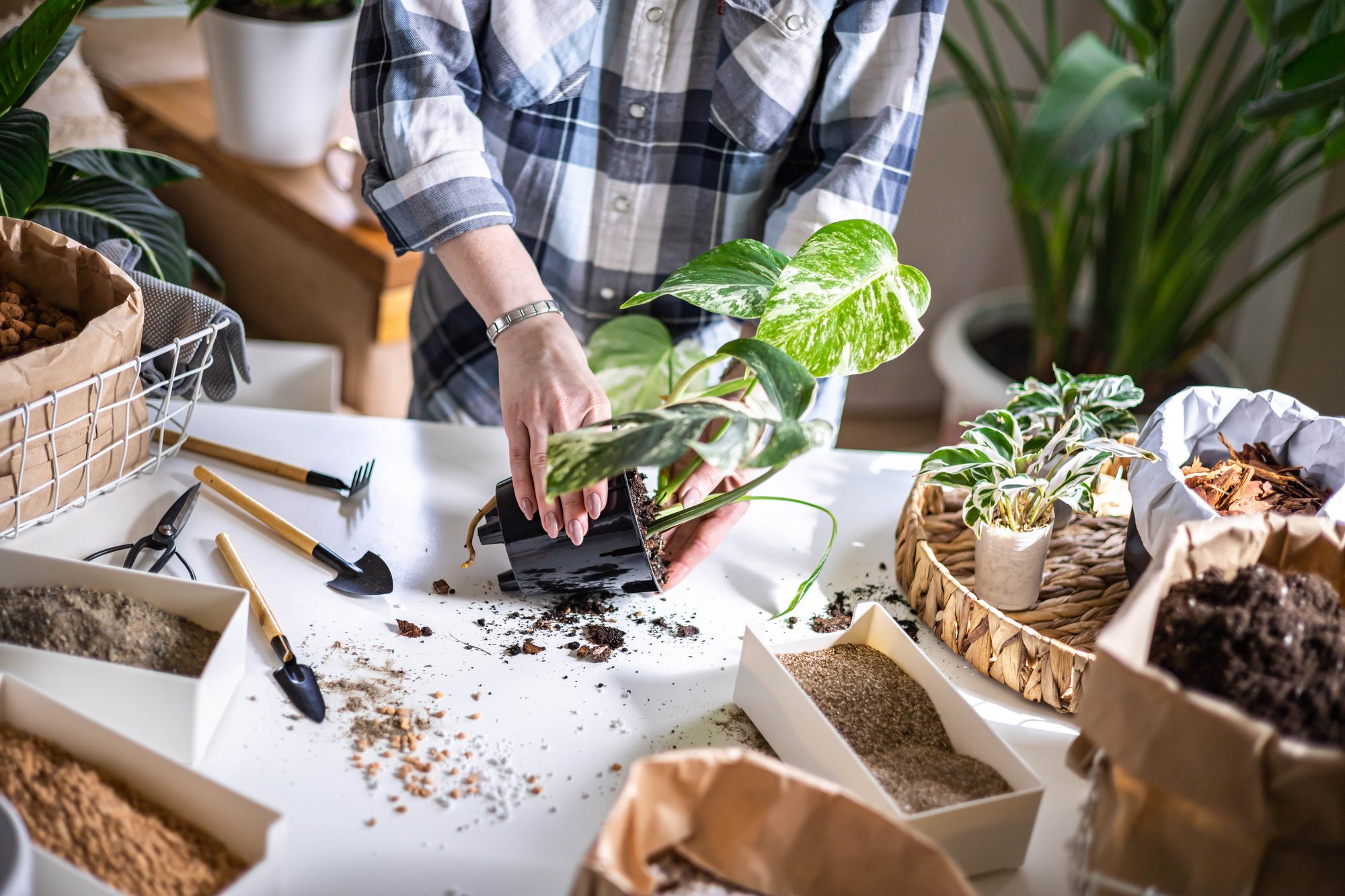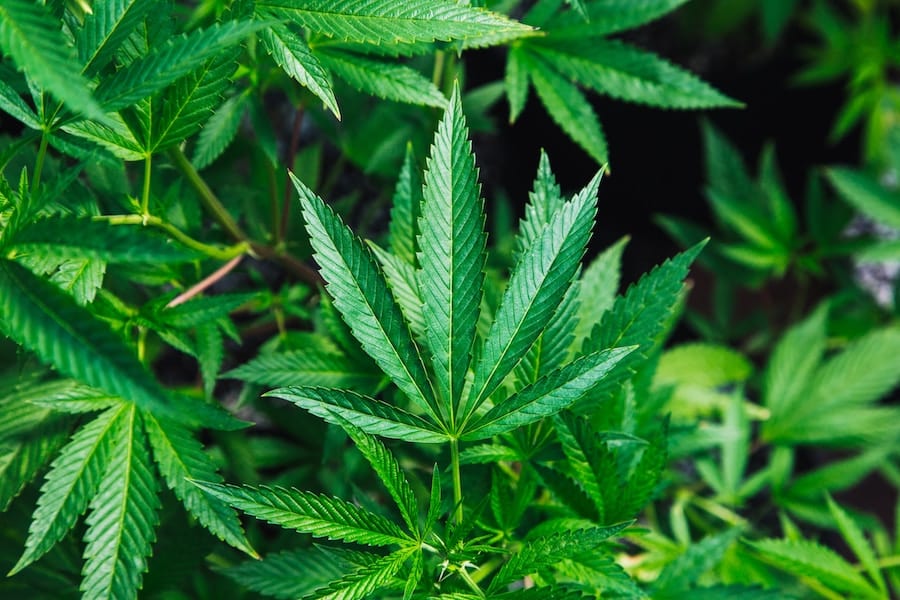Full Disclosure: Clicking on these links could mean a tiny commission for me, at no extra cost to you.
In 2019, anxiety disorders affected over 300 million people globally, according to the World Health Organization. These mental health problems impede daily functioning and affect overall life quality. Many people turn to herbal and traditional remedies, which have existed for centuries, to manage stress and anxiety. One such system is traditional Chinese medicine (TCM), which relies on natural Chinese herbs for anxiety and stress relief and other health conditions. Although research is ongoing, a few preliminary scientific studies indicate promising anti-anxiety and stress-reducing properties of these ancient remedies. And by understanding these herbs better, more people may find natural relief from their anxiety and stress.
That’s why, in this post, we’ll discuss six Chinese herbs used in TCM and their possible calming and adaptogenic properties to promote emotional health.
Ready to transform your diet?
Beyond Body offers personalized wellness plans designed to help you make healthier food choices that naturally boost dopamine and keep you feeling great. Don’t miss out on our exclusive discount up to 50% off on a personalized wellness plan - start your journey to a happier, healthier you today! Visit Beyond Body and claim your discount now!
Claim Discount Here
Understanding the Traditional Chinese Medicine Approach to Anxiety and Stress
Traditional Chinese Medicine, also referred to as TCM, considers the human body as a system of energy channels called meridians. TCM believes that vital energy, called Qi (pronounced chee), flows through these channels. Your health and wellness depend on Qi flowing properly through the body. For example, smooth, unobstructed Qi supports optimal physical, mental, and emotional function. But when the energy is imbalanced or blocked, it can cause disease and illness.
TCM practitioners take a holistic approach, using various methods like herbs to promote the free flow of Qi, your body’s vital energy. When Qi stagnates or becomes depleted, it can manifest as anxiety, restlessness, and unease. TCM’s natural approaches, including herbal formulas, aim to promote relaxation and well-being by nourishing your organs and balancing your energy system.
Remember, for safety and optimal results, it’s vital to source your Chinese herb medicine only from reputable and ethical suppliers. Qualified TCM practitioners do the same, ensuring their herbs are sourced responsibly and meet strict safety and efficacy standards.
TCM also acknowledges Yin and Yang as opposing but complementary forces that represent balance in the body. Whereas Yin represents calm and relaxation, Yang represents activity and stimulation. A healthy balance of these forces is important for emotional health. If this balance is disturbed, excess Yang energy may appear as anxiety and restlessness.
Six Chinese herbs for anxiety and stress
Here are the different Chinese herbs anyone who’s battling anxiety and stress should check out:
1. Ashwagandha
We begin with ashwagandha supplements (Indian ginseng/winter cherry). This adaptogenic herb, present in Ayurvedic medicine, is thought to help the body adapt to stress and regain balance. It might decrease cortisol, a significant stress hormone, and perhaps regulate thyroid function, which might improve stress and anxiety.
A 2021 article cited a study that found around 51% of pulmonary arterial hypertension patients may also be suffering from anxiety and panic disorders. The good news is that ashwagandha may also decrease blood pressure and heart rate to help with anxiety by offering emotional and physical calm.
Ashwagandha could be an effective supplement for managing chronic anxiety and stress disorders because of its anxiolytic properties. The herb is generally well tolerated but interacts with some medications; consult a doctor prior to using.
Buy Now: Available on Amazon
2. Rhodiola
Another effective adaptogen, rhodiola, is usually used in TCM and Ayurvedic medicine. It’s thought to help the body react to mental and physical stress.
Rhodiola may relieve anxiety symptoms by increasing resilience and lowering stress response. The plant contains active compounds such as rosavin and salidroside that are believed to affect brain neurotransmitter levels. Rhodiola raises your feel good hormones like serotonin, dopamine, and norepinephrine – chemicals that control mood and mental well-being. Low levels of these neurotransmitters are related to depression and anxiety.
Buy Now: Available on Amazon
3. Holy basil
Our herbal journey continues with holy basil or tulsi (Ocimum tenuiflorum). This particular important herb continues to be used for millennia in Ayurvedic medicine for stress and anxiety control.
Holy basil may lower stress hormones such as cortisol and ease symptoms of anxiety disorders. It’s thought the herb regulates the hypothalamic-pituitary-adrenal (HPA) axis, which plays a role in stress reaction. Its ability to reduce blood pressure and pulse rate could also promote well-being and relaxation.
Its history of safe and effective use makes holy basil a useful component of an anti-anxiety herbal regimen.
Buy Now: Available on Amazon
4. Licorice root
Going further into TCM, we find licorice root (Gan Cao in Chinese medicine). The herb has triterpenoid saponins, which include glycyrrhizin, which have anti-stress qualities. They stimulate cortisol activity and stabilize adrenal gland hormones. The adrenal glands are critical for body stress response, and support of their function may increase resilience to stress.
Licorice root also has anti-inflammatory properties; thus, it may offer a dual approach to anxiety management. But note that it can be toxic if taken in large doses or for long periods. Prior to using it, speak with a medical professional, especially if you have any health issues.
Buy Now: Available on Amazon
Sleep Better Naturally with Mushroom Supplements
Discover the calming power of mushroom supplements and enjoy deeper, more restful sleep. Improve your mental health and well-being with our premium, all-natural supplements. Get 25% Off Your First Order! .
Claim Discount
5. Chamomile
The most popular plant for inducing relaxation is chamomile. It has long been used to promote calm and sleep as a component of herbal teas. It contains apigenin, a natural substance that binds to benzodiazepine receptors in the human brain. Benzodiazepines are a class of sedatives used for insomnia and anxiety.
Binding to these very same receptors, apigenin is believed to bring about anti-anxiety, muscle relaxant, and sleep-enhancing effects, much like pharmaceuticals. A 2019 review supports this, noting that people suffering from generalized anxiety disorder experienced improved symptoms after only two to four weeks of chamomile treatment. However, the herb does it so gently and without instigating dependence or impairment.
Interestingly, chamomile is also used for its calming effects externally. Its anti-inflammatory actions make it a preferred topical application for the relief of various skin problems, including eczema, ulcers, and irritations.
Buy Now: Available on Amazon
6. Passion flower
Tradition has it that passion flower is used in Native American practices to induce sleep and calmness. This particular herb increases gamma-aminobutyric acid (GABA) levels in the brain. GABA is an inhibitory neurotransmitter that slows nervous system activity and produces a sedating effect ideal for anxiety reduction.
Passion flower also contains harmala alkaloids, which are believed to help with anxiety. That’s not all either; passion flowers may provide these benefits without impairment or dependence – which is encouraging – as compared with some conventional medicines.
Buy Now: Available on Amazon
Takeaway
For centuries, traditional Chinese medicine used herbs to treat anxiety and stress. In most plants, substances influencing neurotransmitters and hormones involved in stress response and emotional regulation can be found. The Chinese herbs for anxiety covered in this article are only some of the many options available. Other popular anti-anxiety herbs are lemon balm, valerian root, skullcap, and lavender. Although research in Chinese medicinal herbs is in its infancy, preliminary studies indicate potential uses for natural anxiety relief.
Exploring a wide range of natural remedies can enhance your anxiety relief strategy; discover how Nuzena 5-HTP Pure+ can be a part of your wellness journey for achieving balance and tranquility.”
Additional Resources
Ready to elevate your mental wellness? To help our readers thrive along their mental health journey, Anxiety Gone partners with leading experts in the mental health and wellness field. Anxiety Gone may receive commission from the companies listed below at no extra cost to you.
Talk Therapy
Better Help offers access to over 20,000 licensed therapists available, starting at just $65 per week. Take a free online assessment today to get matched with the right therapist for you. Get Started
Hims/Hers
Dealing with anxiety or depression? The right medication can make a world of difference. Hims/Hers connects you with a licensed healthcare provider in just 12-48 hours and explore FDA-approved treatment options. No insurance required. Get started today!
Mental Health Newsletter
Join our free Anxiety Gone newsletter and receive helpful tips and expert advice delivered right to your inbox. Sign Up
Tap Into Relief
Tapping (EFT) combines acupressure and psychology to reduce stress and anxiety. Tap on meridian points while focusing on thoughts to calm your mind and improve well-being. Access guided sessions, meditations, and resources to integrate tapping into your daily life. Get Started
Mindfulness Plus
Unlock over 2,000 mindfulness practices created by experts, with daily practices designed to meet your unique needs and goals. Get Started
Just Breathe
Receive guided breathwork sessions designed to reduce stress and enhance your well-being. Get Started
Mental Health Support
Access our list of mental health support lines and crisis hotlines and receive immediate access to professionals trained to help. Find a Helpline














